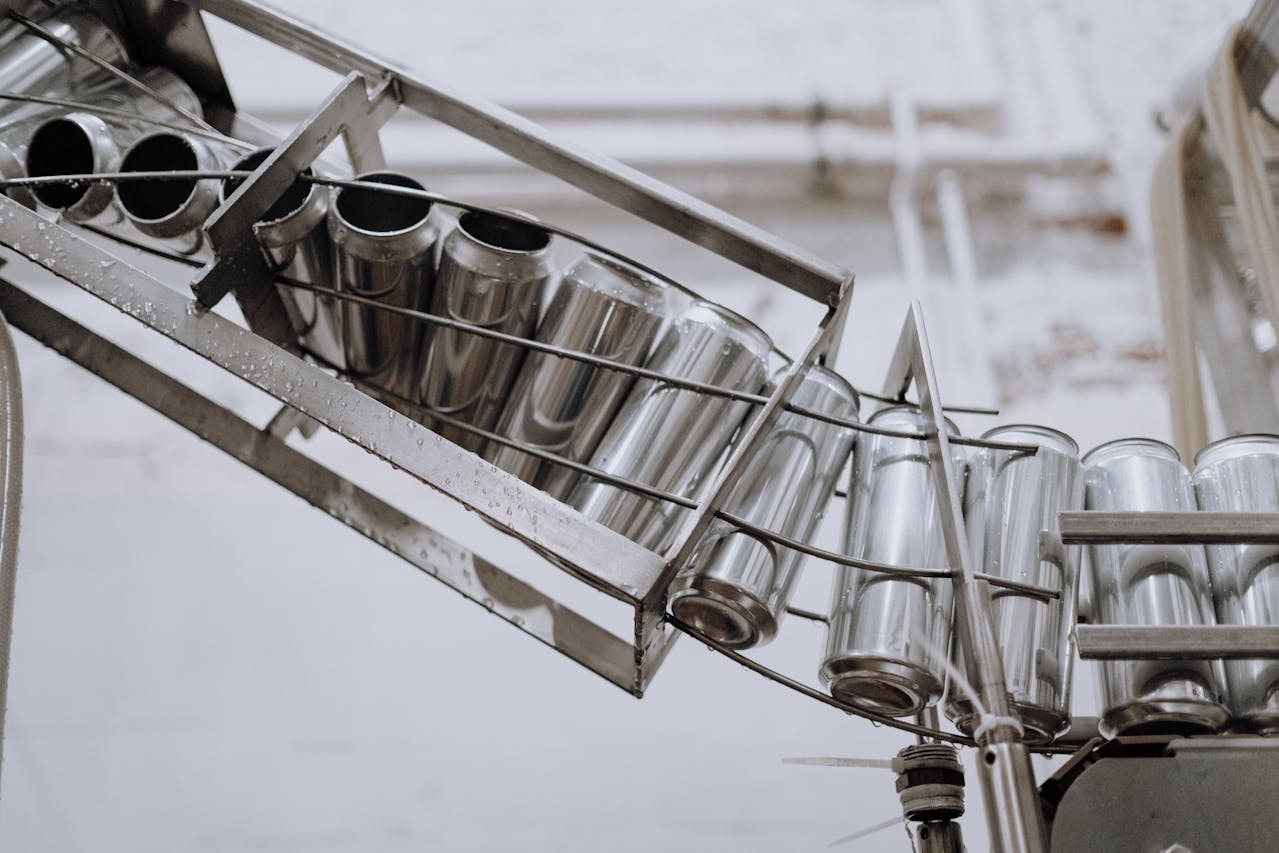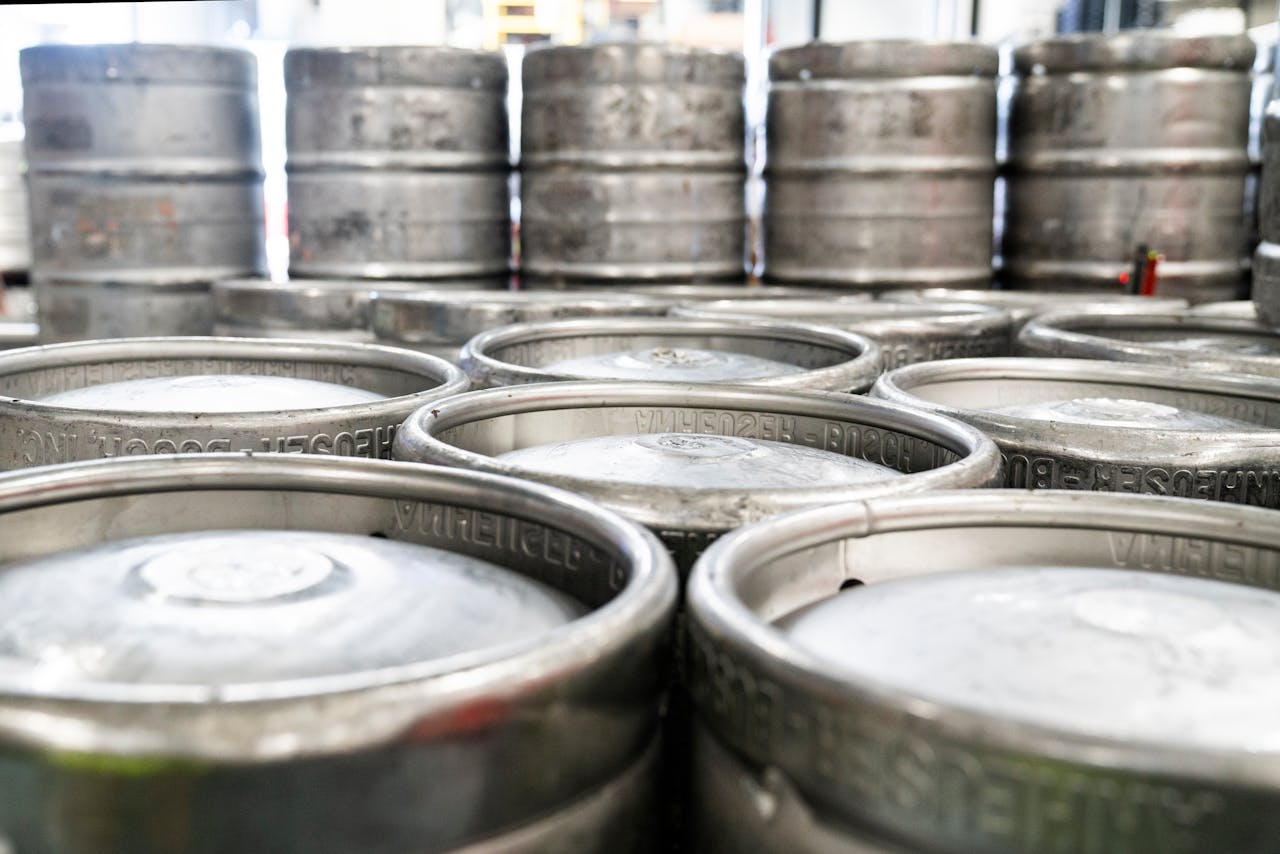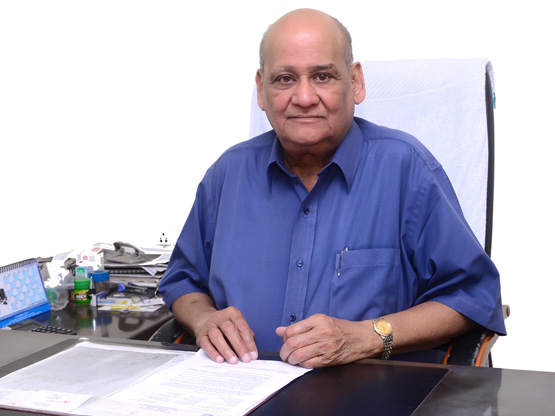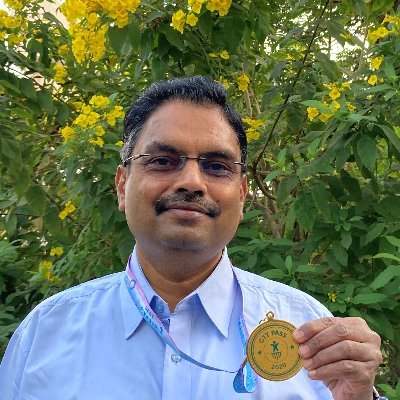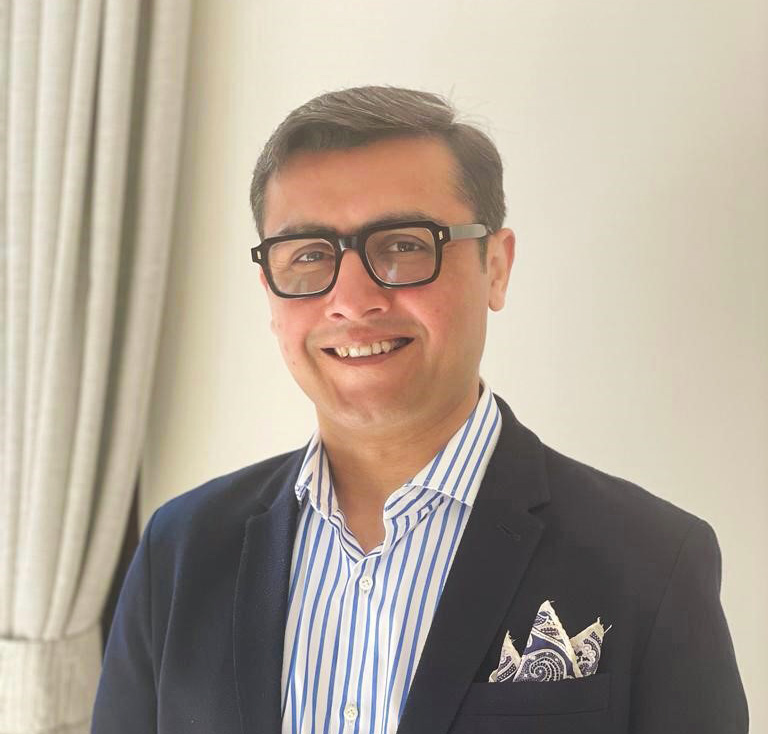Mr Tejasvi Bhargava
May 25, 2023
“One of the areas in which technology is expected to have a significant impact on the industry is in production processes”, says MD, Quality Group, Mr Tejasvi Bhargava in conversation with Supriya Sundriyal, Corporate Communications. He also sees a huge potential for the application of stainless steel in the medical and healthcare industry.

Tell us about yourself (childhood, education, profession, aspirations, hobbies, etc. a mix of personal and professional profilin
I was born on November 15, 1979, in Hisar, Haryana, India. I completed my schooling in Hisar and my full-time graduation from New Delhi. I completed MBA from the University of West London and later a management course from IIM, Ahmedabad.
Before joining the Quality Group, I worked as a full-time Director at Voice Data Management Pvt Ltd, a multinational IT BPO organization, for two years.
In September 2003, I joined the Quality Group as a full-time Director and was later promoted to Managing Director on August 1, 2015.
At the time of my joining, I was responsible for the affairs of the stainless steel cold rolling division of the group.
I also oversaw the group’s diversification for manufacturing stainless steel tubes/ pipe called Quality Stainless Pvt Ltd and later on manufacturing stainless steel hoses & assemblies.
In my free time, I play squash and am passionate about art and books.
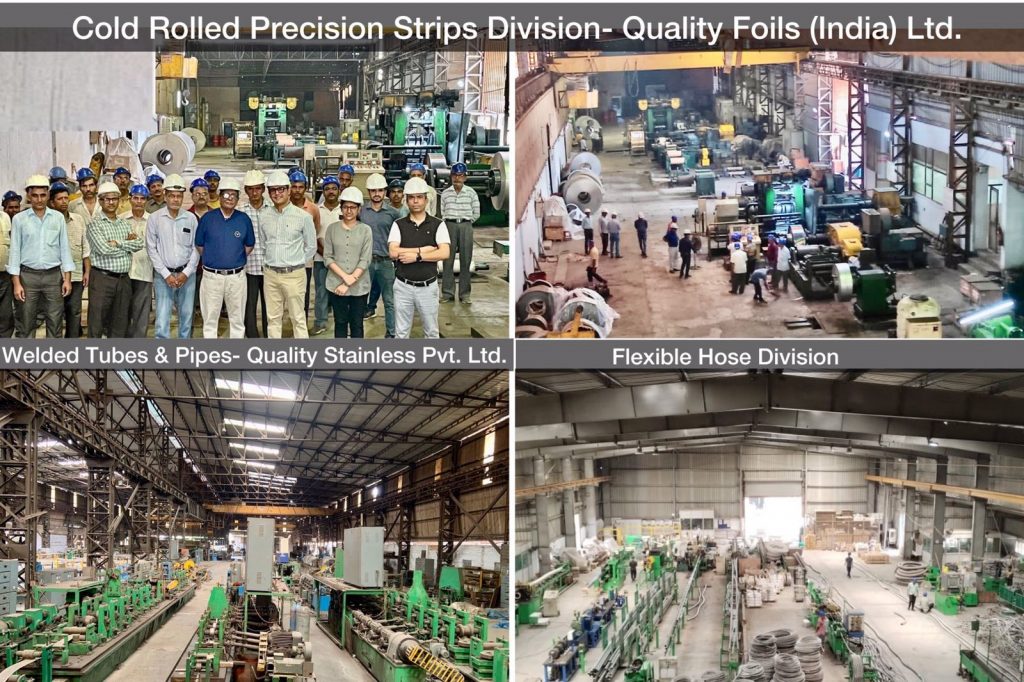
How do you think R&D will change the stainless steel industry? What kind of technology have you invested in so far and what are your future plans?
The stainless steeI industry is already experiencing the benefits of technological advancements. One of the areas in which technology is expected to have a significant impact on the industry is in production processes. The use of automation, robotics, and artificial intelligence in production processes can improve efficiency, reduce labor costs, and increase productivity. Additionally, technological innovations in materials science and engineering may lead to the development of new and improved stainless steel alloys that offer better strength, corrosion resistance, and other properties.
Moreover, technology is expected to have a significant impact on the way stainless steel is used and integrated into other industries. For instance, the growing demand for renewable energy sources is driving the development of new technologies such as wind turbines and solar panels, which use stainless steel components. Additionally, the increasing use of stainless steel in the medical and healthcare industries, particularly in surgical instruments and medical implants, is another area where technology is likely to have a significant impact.
As for Quality Group, we have invested in Semi Automising our production processes in all the divisions and are also pursuing relying on Renewable Energy, whether in the form of investing in solar to producing SYN gases and reusing them.
Your views on CBAM? Will it affect your exports?
If the CBAM policy is implemented, it could have an impact on the stainless steel industry in India, which is a significant exporter of stainless steel to the EU market. The CBAM policy could increase the cost of importing Indian stainless into the EU, making it less competitive compared to EU-produced stainless steel. However, the exact impact of the CBAM policy on the Indian stainless steel industry would depend on several factors, including the level of carbon emissions associated with the production of Indian stainless steel and the ability of Indian stainless steel manufacturers to reduce their carbon emissions to meet the EU’s environmental standards.
Overall, the CBAM policy is still under discussion and its impact on the Indian stainless steel industry remains uncertain.
If implemented, our exports, which are mainly to the EU & US, can be affected but we have already invested in projects where we are reducing the group’s overall carbon footprint.
When and how did your journey with Jindal Stainless begin? How do you think Jindal Stainless differentiates itself from others?
My journey with Jindal Stainless had begun on the day I was born. Our company has been doing business with Jindal Stainless before I was born, since 1978. It’s been a satisfying and well-hand-held journey for me.
I remember when we had just started exports to the EU, going with small problems like converting our Metrics to the European ones to JSL’s R&D department and not once have come back not satisfied.
I can use a lot of words like innovation, R&D, integration, etc. to describe JSL’s differentiation from the others in the industry, but one thing that strikes me most and is worth mentioning is customer-centricity. It is a key factor that sets Jindal Stainless apart from other stainless steel manufacturers. The company has a strong focus on understanding its customers’ needs and providing them with customized solutions to meet their specific requirements.
As a millennial MD, what message would you like to give to the upcoming entrepreneurs?
Firstly, I would encourage upcoming entrepreneurs to identify a problem or an unmet need in the market and focus on developing a solution for it. By providing a unique and innovative solution, entrepreneurs can differentiate themselves from others and create a sustainable business model, especially in the current stainless steel market, Indian stainless steel is well recognized all over the world and so are the value-added products.
Secondly, I would recommend that entrepreneurs adopt a customer–centric approach to their business strategy. Understanding the needs and preferences of customers is essential for creating a successful business, and entrepreneurs should focus on building strong relationships with their customers to ensure long-term success.
Thirdly, I would advise upcoming entrepreneurs to be adaptable and open to change. The business landscape is constantly evolving, and entrepreneurs need to be agile and willing to pivot their strategies in response to changing market conditions.
Finally, I would emphasize the importance of perseverance and hard work. Building a successful business requires a lot of dedication, effort, and patience. Entrepreneurs should be prepared to work hard and overcome challenges along the way.
In summary, my advice for upcoming entrepreneurs would be to focus on innovation, adopt a customer-centric approach, be adaptable and open to change, and persevere through challenges to build a successful and sustainable business.

